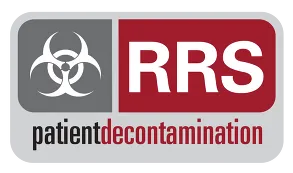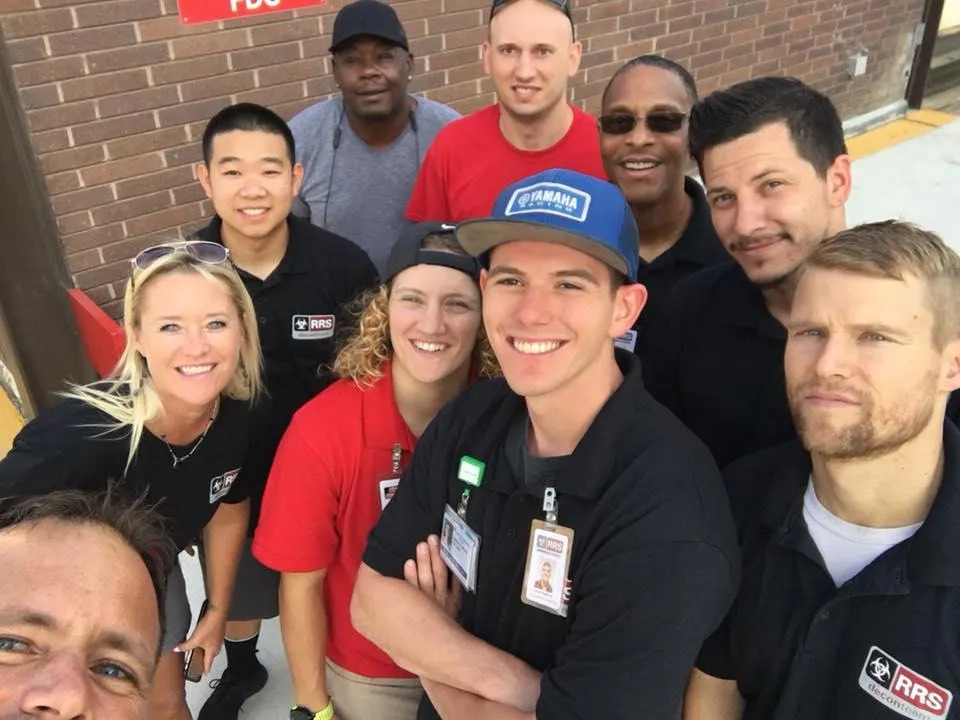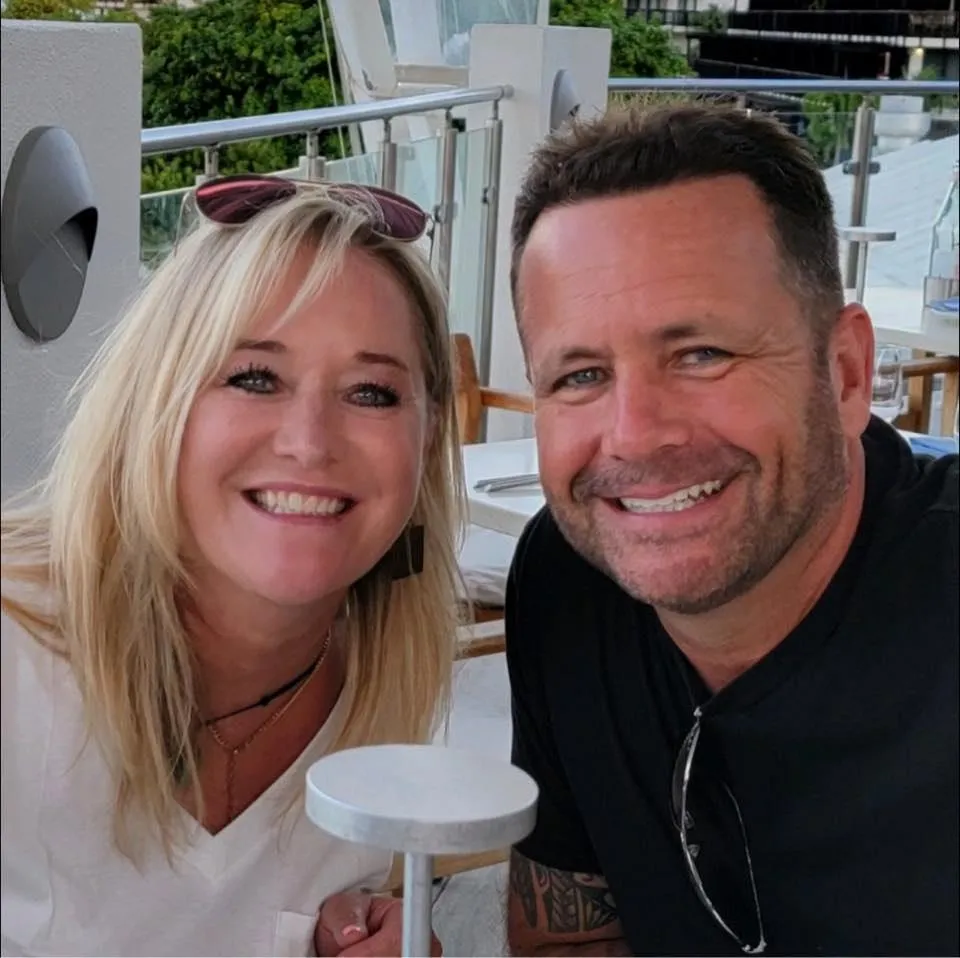
Compliance Challenges in Hospital Decontamination: Are You Audit-Ready?
Hospital decontamination programs are not just about following best practices—they’re a regulatory necessity. Yet, many hospitals struggle to maintain compliance with OSHA, NFPA, and The Joint Commission standards, risking fines exceeding $70,000 per violation and potential operational disruptions.
A recent study published in the Western Journal of Medicine found that 30% of hospitals surveyed were unprepared for decontamination incidents, primarily due to inadequate training, documentation gaps, and outdated equipment maintenance.
To help hospitals navigate the complexities of compliance, we break down common compliance challenges and how outsourcing patient decontamination can keep your facility audit-ready, risk-free, and efficient.
The Biggest Compliance Challenges Hospitals Face
1. Meeting Strict OSHA & The Joint Commission Requirements
Regulatory bodies impose strict decontamination protocols, requiring:
Proper PPE usage and maintenance
Routine staff training and certification
Documented decontamination drills
Readiness for CBRNE (Chemical, Biological, Radiological, Nuclear and Explosives) events
Without a dedicated team overseeing compliance, hospitals often fall behind, leading to audit failures and penalties.
“One of the biggest challenges hospitals face is maintaining ongoing compliance while juggling patient care demands. Outsourcing decontamination services ensures hospitals remain audit-ready without the stress of internal management.” – Dr. Sarah Mitchell, Healthcare Compliance Consultant
2. Staff Training and Turnover Issues
Training hospital staff to handle decontamination requires ongoing refresher courses and proper record-keeping. High turnover rates in healthcare create challenges in ensuring that all employees are adequately trained.
Outsourcing decon programs means hospitals have access to a team of specialists who are always up to date with the latest training and certifications, reducing the burden on hospital administrators.
3. Documentation & Audit Preparedness
Many hospitals lack a clear, standardized approach to documentation, which is essential for:
Demonstrating compliance with OSHA, NFPA, and The Joint Commission
Avoiding costly penalties and legal issues
Ensuring all decontamination procedures are properly recorded
An outsourced decontamination provider maintains meticulous compliance records, ensuring that hospitals are always prepared for audits.
4. Equipment Maintenance & Readiness
Decontamination showers, containment units, and PPE require regular maintenance and testing. Failure to maintain equipment can result in malfunctions during an actual contamination event, putting staff and patients at risk.
Hospitals partnering with outsourced decon providers benefit from:
✅ Routine equipment checks and maintenance
✅ Immediate access to fully functional decon tools
✅ Reduced risk of compliance-related penalties
The Solution: Outsourcing Decontamination for Compliance & Readiness
More hospitals are turning to outsourced decon programs to ensure:
✅ Guaranteed compliance with OSHA, NFPA, and The Joint Commission
✅ 24/7 readiness with on-call decontamination teams
✅ Expert-led staff training and certification
✅ Complete audit documentation and reporting
✅ Cost-effective compliance management
By outsourcing, hospitals eliminate compliance gaps, reduce liability risks, and ensure their staff can focus on patient care instead of navigating complex decon requirements.
Free Compliance Checklist: Is Your Hospital Audit-Ready?
To help hospitals evaluate their compliance status, we’ve created a 20-Point Decontamination Program Checklist covering:
Regulatory compliance readiness
Staff training requirements
Equipment maintenance essentials
Documentation and audit preparedness
Ensuring your hospital meets decontamination compliance standards doesn’t have to be a headache. Let’s discuss how outsourcing with RRS can keep your hospital compliant, cost-efficient, and always ready.
📞 Schedule a Free Compliance Consultation



